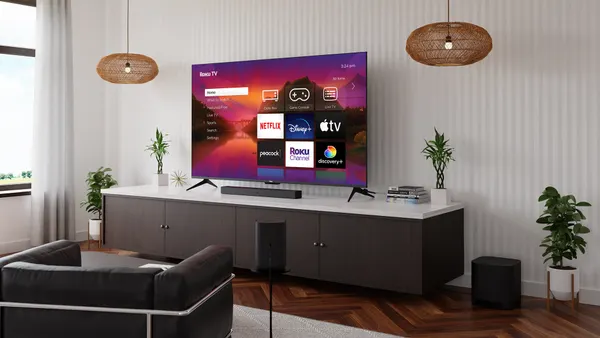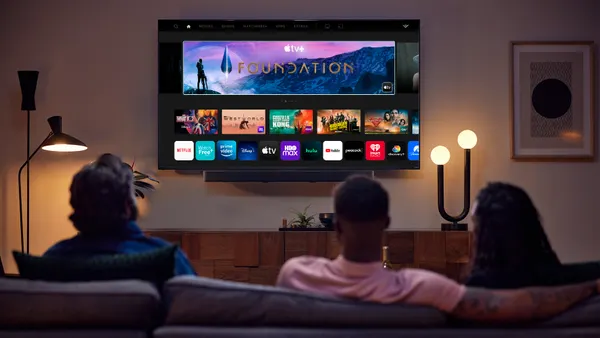It may have taken a world health crisis, but CMOs are finally getting the recognition they have long desired from their CEOs, according to the third edition of Boathouse’s survey of CEOs on marketing and CMOs.
Nearly three-quarters (73%) of surveyed CEOs gave their CMOs an A or a B grade for their overall performance. That’s a 12 percentage point jump over the marketing and communications agency’s previous survey. Nearly half (49%) of CEOs this time around regarded their marketing department as being “best in class,” up from 20% who said the same in 2021.
“Coming out of Covid, the world is calming down a bit, and I think CMOs got smarter about [other aspects] of the business, like supply chain,” said Boathouse CEO John Connors.
The October 2023 survey queried 150 CEOs of U.S. companies varying in size across 17 sectors.
Speaking the language
More than just the grades, more CEOs believe their CMOs have a better understanding of the overall business picture, with 87% of CEOs saying their CMOs understand their vision and that 80% take action to execute that vision. Further, 69% of CEOs said their CMOs understand the company’s balance sheets, up from 53% in 2021. In addition, 77% of CEOs believe their CMOs understand their company’s board and political dynamics, up from 63% in 2021, and that nearly all (94%) of CMOs attend board meetings.
“When we first did the study three years ago, marketing people were speaking their own language; they weren’t speaking the language of business,” Connors said. “I’m hoping the pendulum is starting to swing back and they are starting to speak the language of business; that’s going to continue this upward trajectory of the CMO in the c-suite.”
CEOs are also quite confident in their CMOs’ ability to incorporate artificial intelligence into their work. Some 58% of CEOs say their CMOs have made presentations about AI, asked for funding for AI or created new processes using AI. Most CEOs view AI as a tool to sustain innovation, while others are split between it creating disruption or efficiency. CEOs also overwhelmingly (90%) believe CMOs are tackling AI in service of the company, rather than for their personal career growth.
Missed opportunities
Despite some improvement, CEOs remain a bit wary of their CMOs. While more than half (54%) of CEOs said they were aware of the historically low tenures of CMOs within companies (up from 45% in 2021), nearly as many (51%) said that short tenure is a sign of a CMO’s successes, rather than their shortcomings. The percentage is a dramatic turnaround from 2021, when only 20% believed that success is reflected in short tenures.
Just as significantly, only 9% of CEOs say their CMOs are loyal to them personally vs. 27% in 2022. That is significantly lower than the 51% who believe the CMO is loyal to the company. Indeed, only 20% of CEOs agreed with the idea that the CMO is “on my side, I trust them.” That could signal some trouble for CMOs, particularly if they want to advance to the top job, Connors said.
“[CEOs are saying] ‘I can respect you professionally, but we’re still not that tight,’” Connors said. “If CMOs want to be CEOs, they should spend a little more time building that personal trust.”
For their part, CMOs may not be very confident in CEOs' understanding of marketing, per a McKinsey survey from last year. The report found that while half CEOs said they felt comfortable with modern marketing, two-thirds of CMOs said their CEOs were not.
There is a lot CMOs can do to further polish their image within the c-suite, per the Boathouse survey. Despite the perception of increased understanding of balance sheets, only half of CMOs participate in their company’s financial goal setting, down from 73% in 2021. Similarly, only a third of CMOs participate in more than half of the board meetings they attend.
“When we originally started this study, it was to bring some religion to CMOs to say, ‘You have to consider more audiences than just the consumer to be respected,” Connors said. “I think it’s an interesting time to look at new models and to challenge the classic brand management model. You can only do that when the CMO is on the upswing, it’s hard to do that when you’re on the downswing.”












